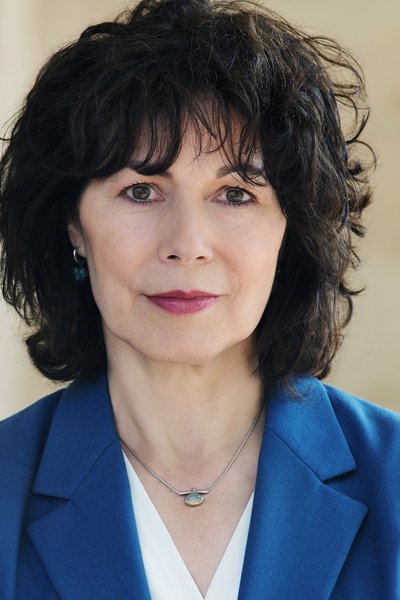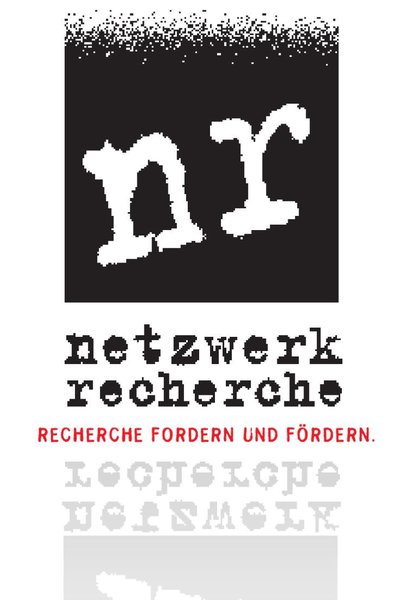Russian journalist Grigory Pasko reported on the ocean disposal of chemical and nuclear waste by the Russian navy in the Sea of Japan and was convicted of high treason and espionage.
The military journalist Pasko is a ranking officer (Captain 2nd Class) and was given the task by Russian navy leaders in the early 1990s of reporting on environmental offenses by the military. He repeatedly ran into walls of silence, but nonetheless made a startling discovery: in 1993 Pasko filmed an operation in which the navy illegally dumped radioactive and chemical waste into the Sea of Japan. The film was shown on Japanese state television. That’s when the “Pasko Case” began. Starting in 1997 military prosecutors and Russia’s domestic secret service, the FSB, attempted to put an end to the unwelcome truth-seeker’s career as a journalist. The initial charge was “treason” or “disclosing military secrets.” Ultimately they concocted a scenario in which national security interests were threatened by reporting altogether. Twenty-one months of pretrial detention could not break Pasko’s will, however. He refused an amnesty after being convicted. Pasko wanted acquittal and was entitled to it by law. Yet the military court of appeal in Vladivostok saw things differently and sentenced the journalist to four years of prison camp in December 2001 because of alleged espionage. For Amnesty International, the “Pasko Case” opened up a new chapter in restriction of freedom of expression in Russia. As early as 1998, with the case of navy captain Alexander Nikitin in St. Petersburg, attempts were made to suspend freedom of speech with regard to the heated issue of nuclear waste. The most recent event to underscore the obstruction of freedom of speech in Russia is the shutting down of state-run TV 6, the last national television station critical of the government. In 2003, Pasko was released from prison. Because of a severe adhesion-related disease, he had to be treated in Germany in 2008. In 2007, he received the special prize of the “Erich-Maria-Remarque-Friedenspreis” (“Erich-Maria-Remarque-Peace-Prize”) for his prison diary "The Red Zone".





































































